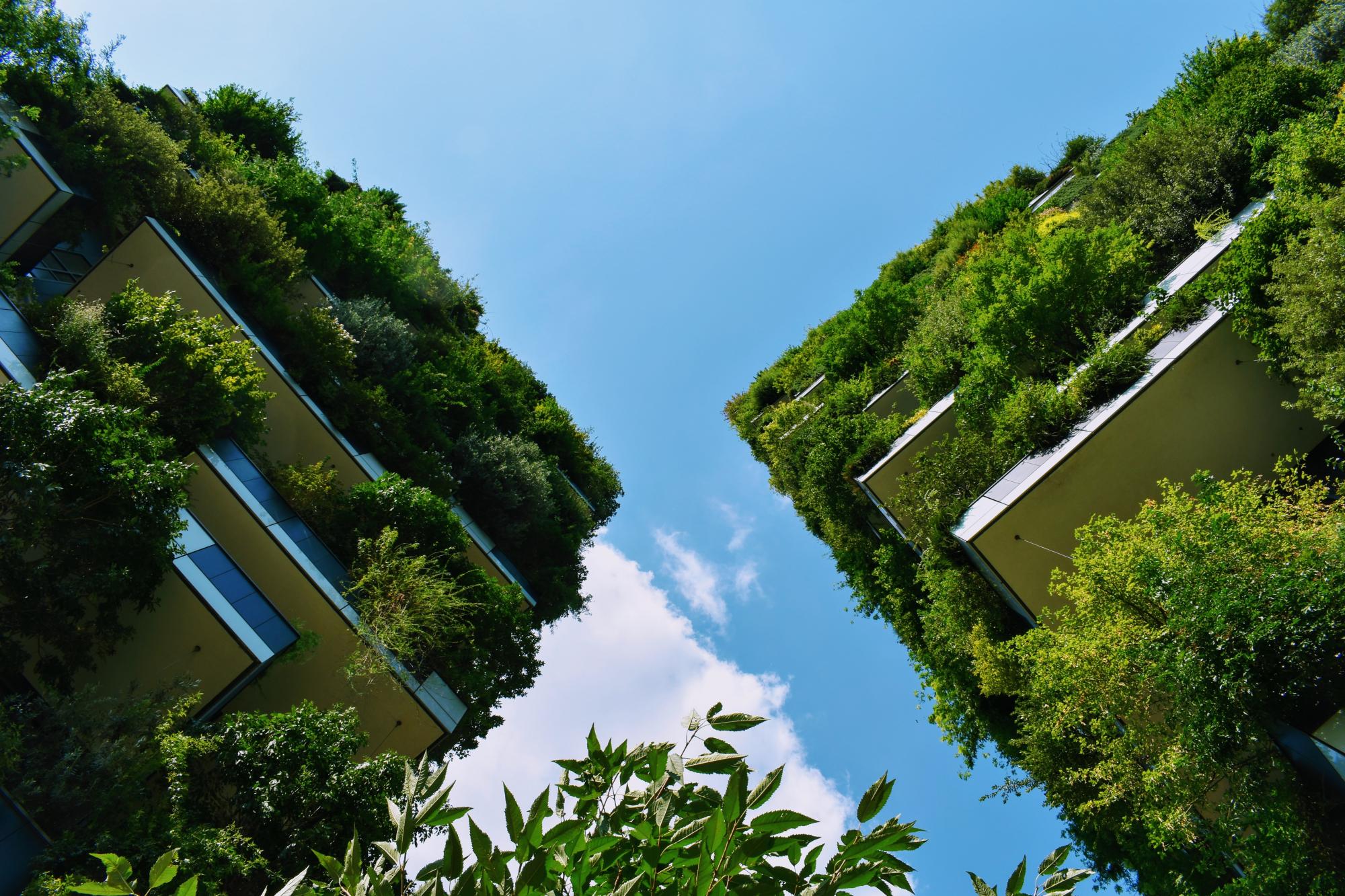The eco-pedagogical garden is an initiative of the University of Education in Karlsruhe on its own site. Its goal is to provide a space for hands-on learning for university students about sustainable development, biodiversity and ecosystems. Based on that, they develop ideas about how to implement such gardens in schools and how to best teach future schoolchildren about these issues. About 120 university students participate in this coursework which forms an integral part of their studies, learn about efficient gardening and how to organize and administer school gardening activities. Apart from the vegetable garden, the garden has a biotope, nature and wilderness area which serves as a sanctuary for birds & small mammals and wild bees. (Ref. 2 and 3).
Overview
Nature-based solution
- Grey infrastructure featuring greens
- Institutional green space
- Community gardens and allotments
- Allotments
- Community gardens
Key challenges
- Green space, habitats and biodiversity (SDG 15)
- Habitat and biodiversity conservation
- Green space creation and/or management
- Social justice, cohesion and equity (SDG 10)
- Environmental education
- Health and well-being (SDG 3)
- Creation of opportunities for recreation
Focus
Project objectives
Implementation activities
Biodiversity conservation or restoration-focused activities
Biodiversity conservation:
- Protect and enhance urban habitats
- Create new habitats
- Means for conservation governance
- Raise public awareness
- Public engagement
Main beneficiaries
- Public sector institution (e.g. school or hospital)
- Researchers/University
- Other
Governance
Management set-up
- Led by non-government actors
Type of initiating organisation
- Public sector institution
Participatory approaches/ community involvement
- Co-planning (e.g. stakeholder workshops, focus groups, participatory mapping)
- Dissemination of information and education
- Joint implementation (e.g. tree planting)
- Co-management/Joint management
Details on the roles of the organisations involved in the project
Project implemented in response to ...
Financing
Total cost
Source(s) of funding
- Public local authority budget
Type of funding
- Earmarked public budget
Non-financial contribution
Impacts and Monitoring
Environmental impacts
- Green space and habitat
- Reduced biodiversity loss
- Increased number of species present
Economic impacts
- Unknown
Socio-cultural impacts
- Social justice and cohesion
- Improved access to urban green space
- Increased sustainability of agriculture practices
- Education
- Increased support for education and scientific research
- Increased knowledge of locals about local nature
Type of reported impacts
Presence of formal monitoring system
Presence of indicators used in reporting
Presence of monitoring/ evaluation reports
Availability of a web-based monitoring tool
References
2. University of Education Karlsruhe (2017) Wir laden Sie ein in den Ökologischen Lerngarten. Available at: Source link [Accessed: 27 Oct. 2020].
3. UN-Dekade Biologische Vielfalt Geschäftsstelle and nova-Institut GmbH (2017) Ökologischer Lerngarten der PH Karlsruhe - Lernort Schulgarten und Schulgelände. Available at: Source link [Accessed: 27 Oct. 2020].
4. Pädagogische Hochschule Karlsruhe (2010) Archiv. [Weblink unavailable in 2020].
5. Pädagogische Hochschule Karlsruhe (2010b) Forschung. [Weblink unavailable in 2020].
6. Wenzel, D., Benkowitz, D., Köhler, Karlheinz., Lehnert, H. (2017). Schulgarten und Slow Mobil – Planung, Durchführung und Evaluation eines Projekts zum Thema „Gesunde Ernährung“. 94 GDSU-Journal Oktober 2017, Heft 7. Available at: Source link [Accessed: 29 Oct. 2020].




